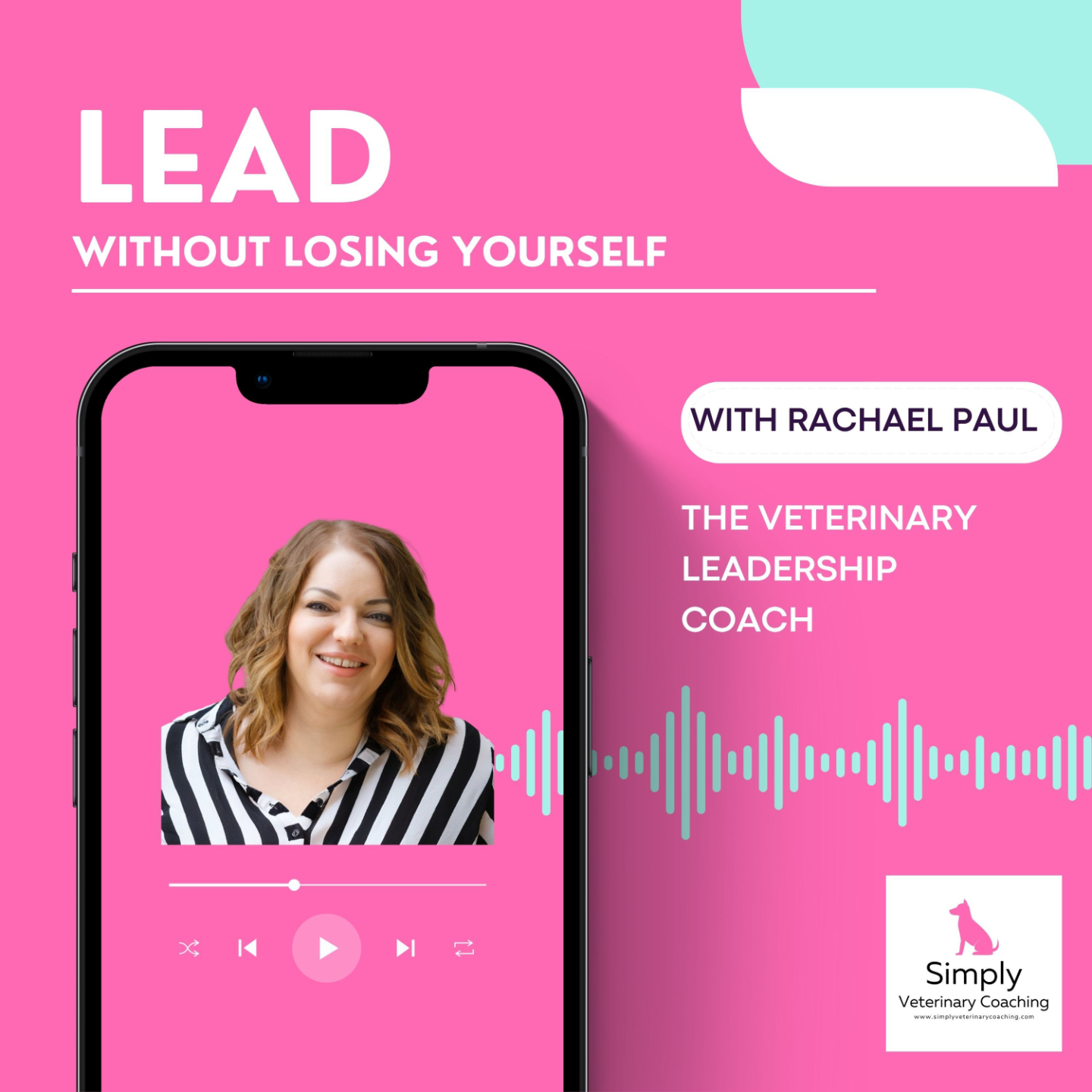Good intentions gone wrong – can you change this?
Many vets have had the experience of competing with Dr Google. A client brings in their beloved pup who isn’t feeling well, and they have a whole list of ideas of what they might think is wrong. As you’re trying to complete your examination and get some background on the situation, they’re constantly interrupting, asking more questions rather than providing the answers you need. It can be incredibly frustrating, more so because you have to be polite. It’s a client after all, but you’d really just like to get on with your job of diagnosing and treating rather than fielding a hundred irrelevant questions. To make matters worse, even after the consultation, they call the practice with more questions and suggestions on what you could or should be doing.
Despite the frustration, at the back of your mind there’s a small voice reminding you that they probably have the best of intentions, even though they’re frustrating your efforts to treat their precious pet. Is there a way to approach the situation without offending the client and damaging the practice’s reputation and saving your sanity at the same time?
Start with pausing, taking a deep breath and forgetting your frustrations for a moment. Then consider why they might be acting this way. It could be that they have few friends and rely on their pup for companionship, comfort and something to keep them occupied. They can’t possibly imagine life without their friend so at the first sign of illness they start to panic. Reframing the situation so that it’s less about what you’re feeling and more about what the other person might be feeling is one way to respond differently and demonstrate genuine empathy. If you respond with frustration they may feel you’re not really interested in helping and just want to get rid of them. But if you’re able to handle the situation in a calm and empathetic way, they’re more likely to believe you, regardless of the news you deliver.
A different perspective
Sometimes all it takes is to consider the situation from a different angle in order to change your response, and your stress levels. If you understand that their positive intention is care and concern then it might help you to feel less annoyed and respond differently. Understanding the reason behind their behaviour can help you see the bigger picture and think beyond what you’re feeling at the moment. It’s a simple way to start generating a more positive perspective on life.
Having a positive outlook not only benefits you. It can also have a real impact on those around you. When you start to look deeper into situations you’ll find you start becoming less critical, less short tempered and people will start to look up to you and enjoy your company more. That’s not to say you’re a grouch, but stress tends to build up and influences our behaviour in ways we aren’t even aware of a lot of the time.
Turning things around
Perhaps you get frustrated with a colleague always asking your opinion on cases, and you feel as though they’re expecting you to carry part of their workload too. But it could just be that they’re not that confident in their ability and respect your years of experience. They’re looking for a mentor not shirking responsibility.
By reframing situations you’ll start to see the good that can come out of a bad situation, the opportunity, even when it doesn’t feel that way. By taking on the role of a mentor, for example, there’s the opportunity for you to learn and benefit too. As you help your colleague gain confidence you may develop one of the best vets you could hope to have in your practice.
Constant learning
This big picture perspective is important when you’re in crisis mode too. It’s not to say that you won’t get upset or stressed in the future, you’re human after all. But after the initial distress, you can start to ask the questions:
-
What could I learn from this, how could this experience benefit me in the future?
-
If the situation involves someone else, you might consider what else could be behind the behaviour?
-
Could there be a positive intention, what else could the situation mean?
Asking these questions zooms out to a bigger picture and gives you more insight. In the process you’ll start finding the positive and recognizing the good that can come of any situation.

